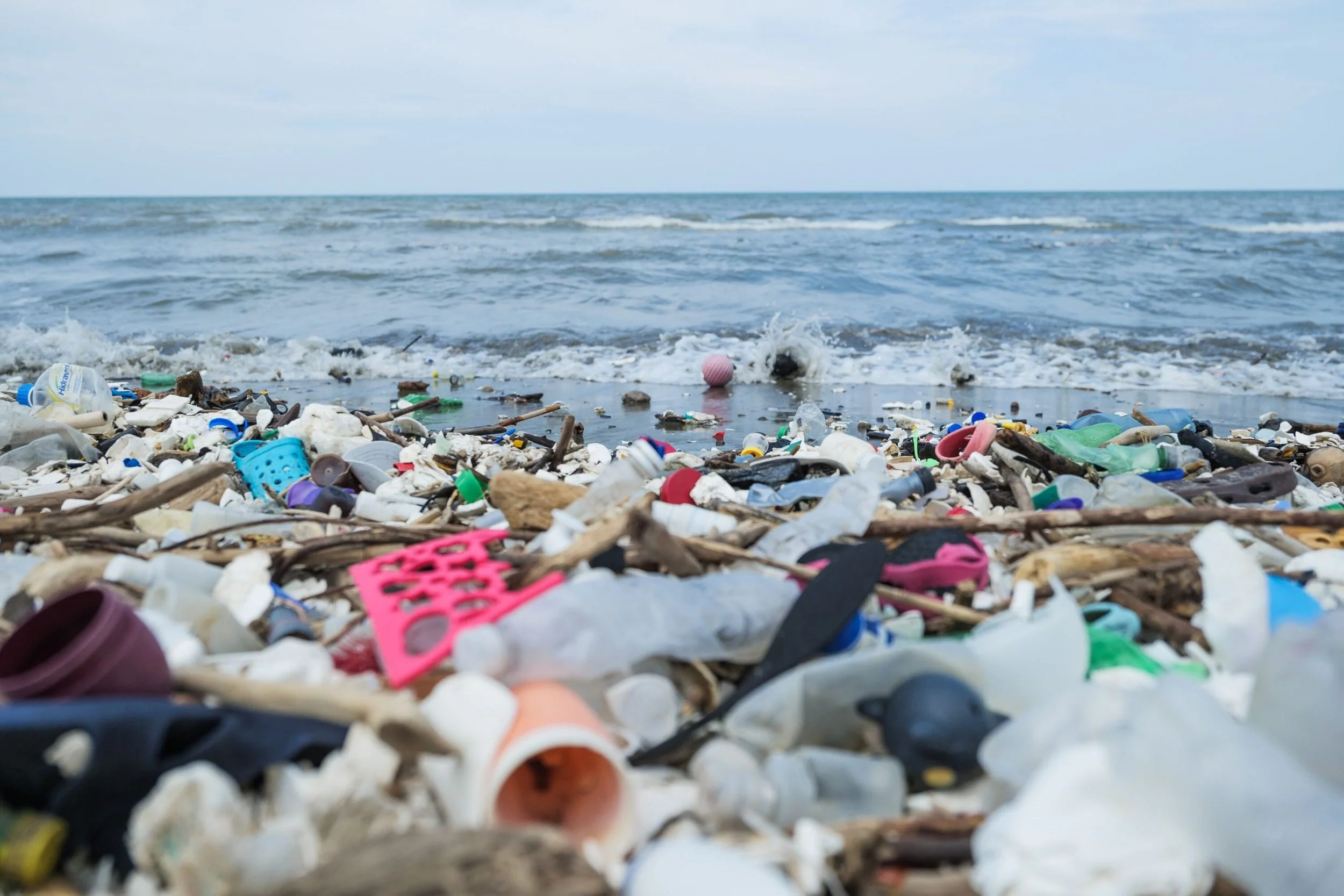Plastic Pollution: How Plastic Originated With It Leading to Quick Abuse
It’s hard to realize how much of our world is plastic, the water we drink is contaminated with micro-plastics and the oceans are swamped with waste. As I sit here eating yogurt in a plastic cup, the irony isn’t lost on me. I do understand it’s easy to forget, I accidentally throw away recycling all the time and walk around at school with far too Starbucks cups. However, our materialistic, egocentric world doesn’t spare much focus for the larger scope as much as it proclaims it does. Yes, it does start with each person but the problem with this mentality is that ease and affordability will always overcome good intention. For every 100 activists there are, a massive conglomerate corporation fuels climate change by dumping trash in the ocean.
From The Ocean Cleanup
Though always present, trash dumping in the ocean has become an impending problem reaching recent heights of severity. It's a long-standing issue that has been happening for far too long causing devastation to the planet and people alike. Our oceans comprise approximately 70% of Earth, supporting life in countless ways, and have been treated as nothing less than a dump. Though society is beginning to reject these practices and revolt against inherent abuses, the damage has been done. With plastic near the forefront of ocean obstacles, it simply asks how this all began.
Plastic was first synthesized in 1862 by Alexander Parkes; it was an innovative scientific discovery where he discovered that cellulose, with the correct components, could be molded into different forms with heat. Then later in 1907, John Wesley Hyatt made the first commercialized plastic, it was meant to make a more profitable economy by creating cheap, abundant items. At the time they had no idea the great environmental cost this would come at and were simply focused on the short game goal of money. Currently we have systems to properly and efficiently dispose of waste and trash, yet in the past the same couldn’t be said. Any unwanted items and chemicals were poured into rivers which then led to the oceans. In 1968 the National Academy of Sciences found that there were about 100 million tons of trash in our oceans, a startling discovery as the wide use of disposable materials was still a relatively new concept.
From The New Yorker
Everyone knows that plastic is bad, recycling can only do so much and the use of plastic is heavily ingrained in human society. 99.8% of total plastic in the ocean has been accumulated in the pas ~70 years, the consumption of plastic is simply devastating. The history of plastic is a mundane one, yet the repercussions of its existence are demolishing the fragile world which we live in.

